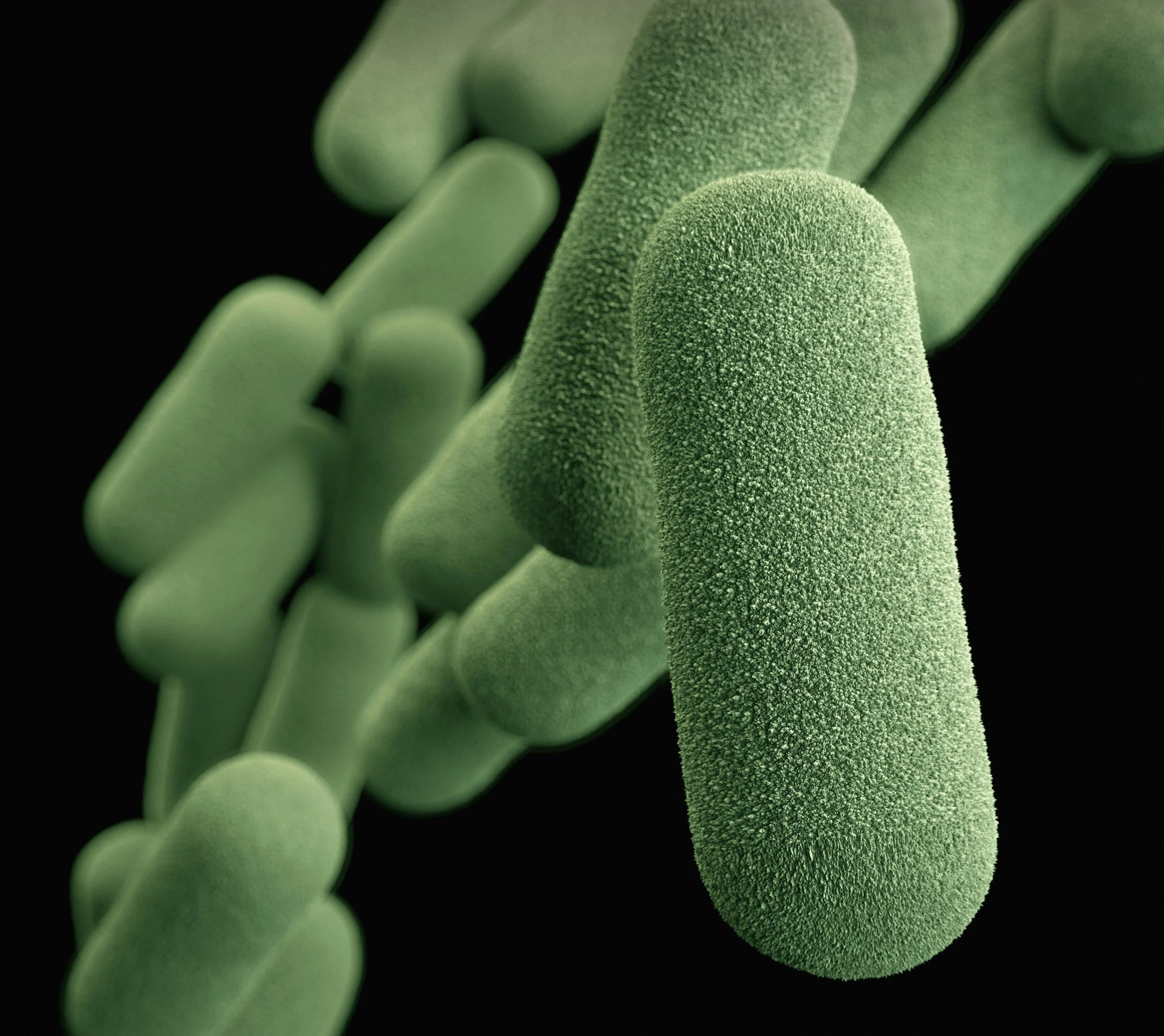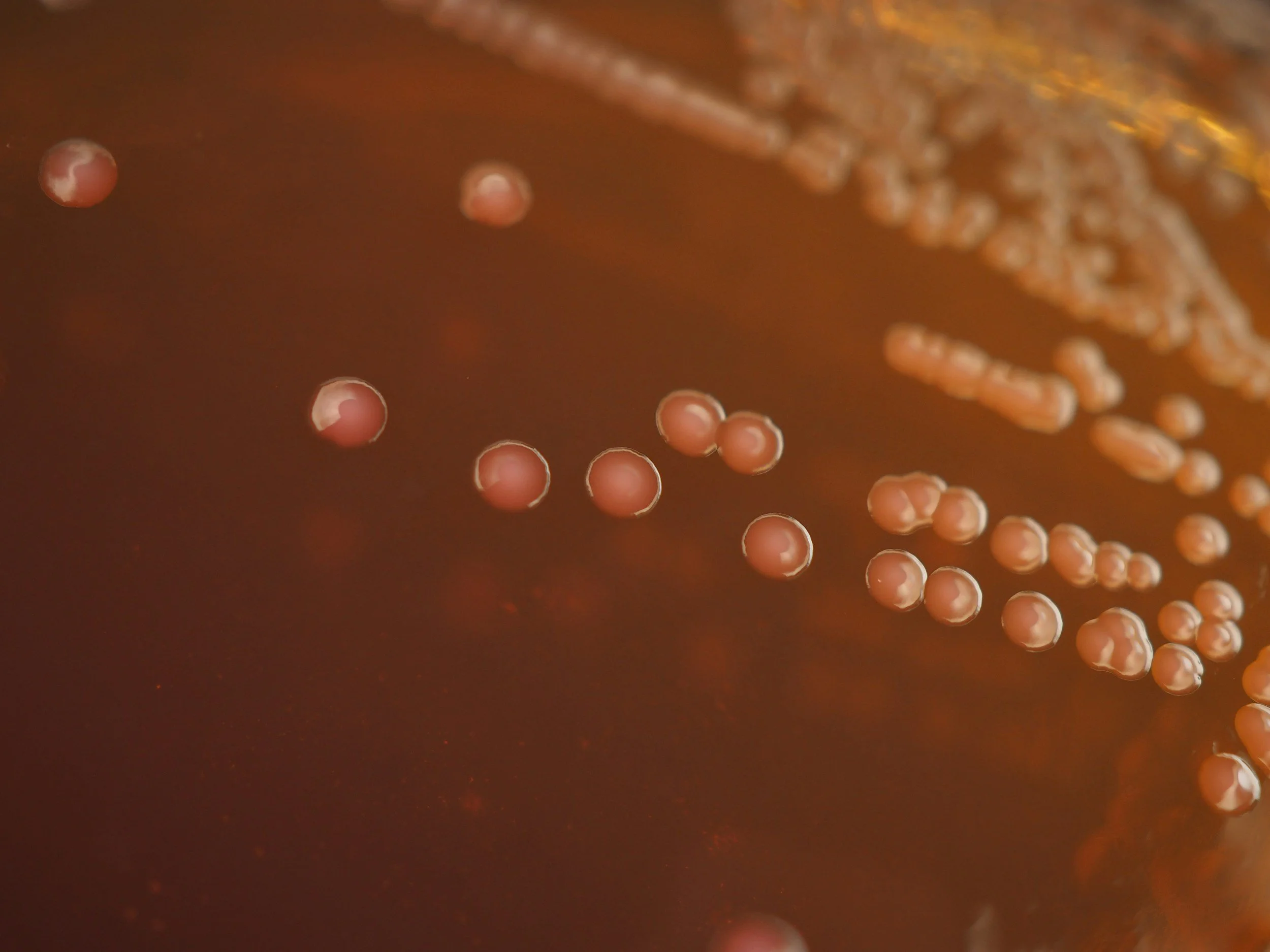Uncovering how bacteria establish physiological priorities
Our Research
Our laboratory is broadly interested in understanding how cells and organisms establish physiological priorities under conditions faced in their natural environments. That is, how do cells “choose” between two physiological programs like rapid growth or survival? Are these choices all-or-nothing or can various priorities be balanced against one another? Do certain priorities come at the expense of others? And can we learn how and/or why evolution has settled on certain solutions by understanding this prioritization?
We investigate this question by studying infection-relevant behaviors of the human gastroenteritis- and murine typhoid fever-causing bacterium, Salmonella enterica serovar Typhimurium (S. Typhimurium). By revealing the molecular-genetic basis of physiological adaptations this pathogen undergoes when faced with hostile conditions inside mammalian host cells, we hope to reveal fundamental principles in microbiology, host-pathogen interactions, and antibiotic tolerance.

